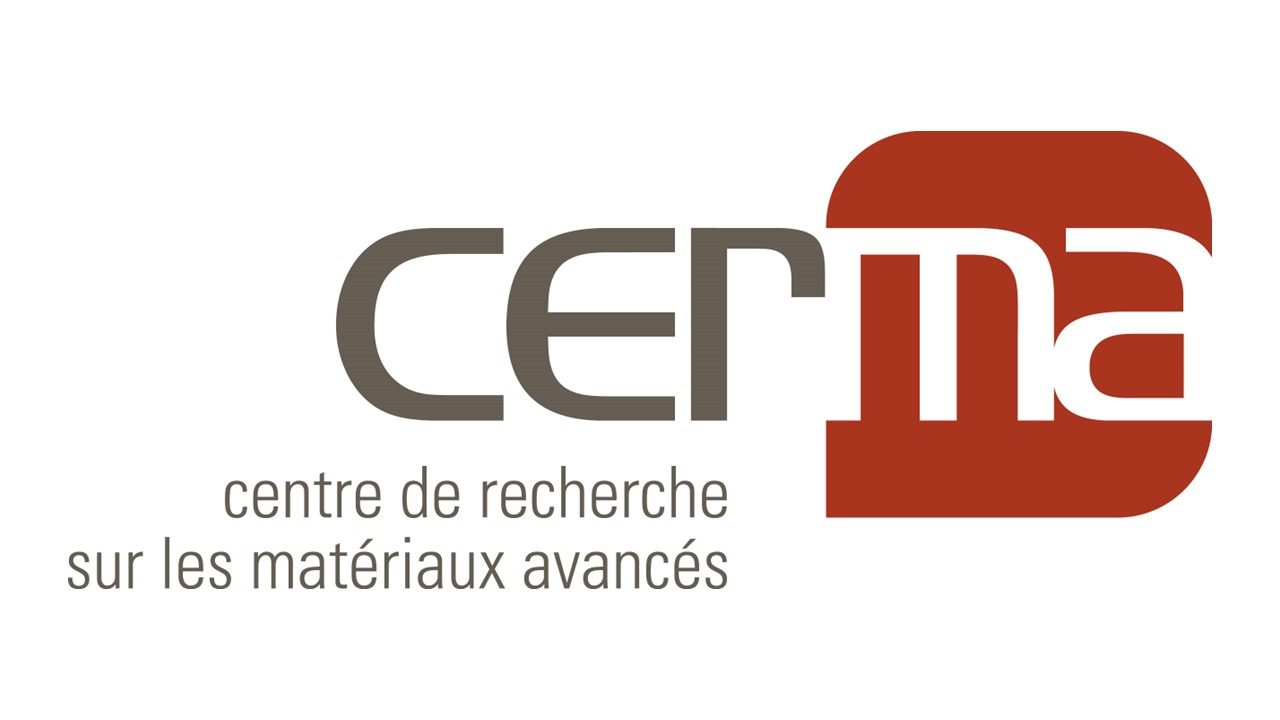Equity
Equity is an approach to treating each individual, and each historically disadvantaged group, fairly, taking into account the particular characteristics of their situation in order to place them on an equal footing with the majority group. It is opposed to the systematic application of a standard without considering the differences and diversity of society. Recognizing that the social structure has differential effects for the majority group compared to under-represented groups, this approach aims to correct this imbalance and ensure that all individuals are entitled to the same benefits (equal opportunity) by considering the particular characteristics of their situation.
Diversity
A term often used to refer to the differences, or similarities, between individuals within a group or organization. Socio-demographic characteristics are commonly used to distinguish one from another; for example, gender, sex, ethnicity, origin, physical appearance, religion or beliefs, values, age, education, language and/or sexual orientation. Individuals with socio-demographic characteristics different from the majority group are likely to offer diverse and complementary opinions, ideas, work and life experiences, skills, and knowledge.
Inclusion
Through actions and measures, create an environment that welcomes, respects and values diversity so that all members of its community feel that they have a place, can contribute, and can receive recognition for that contribution. If their particular situation requires it, the organization accompanies them and offers them measures to promote their well-being and fulfillment. It is a sustained commitment to welcoming, integrating, accompanying, and advancing.
Underrepresented groups
In terms of equity, underrepresented groups are discriminated against groups that face systemic barriers in their daily lives, including in the areas of education and employment.
Reference: https://www.ulaval.ca/equite-diversite-inclusion/concepts-cles-en-edi



